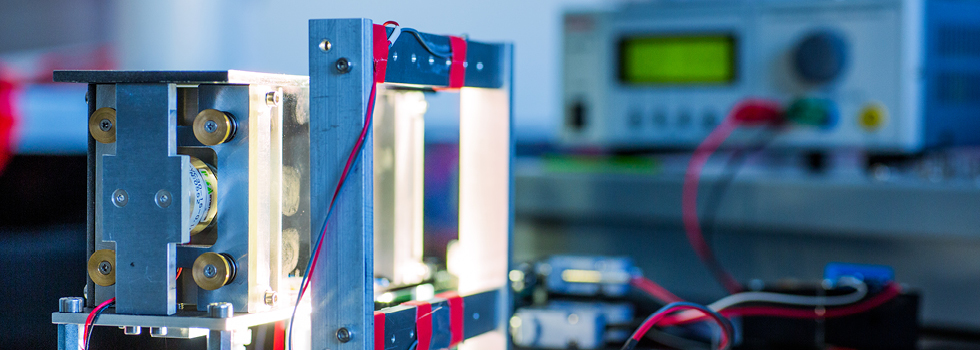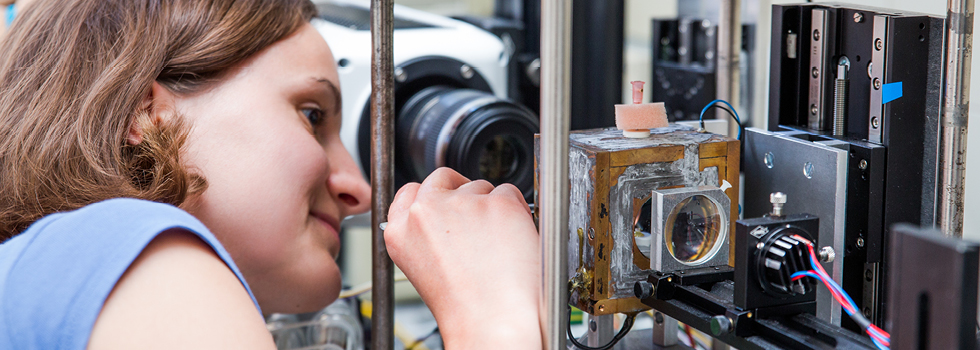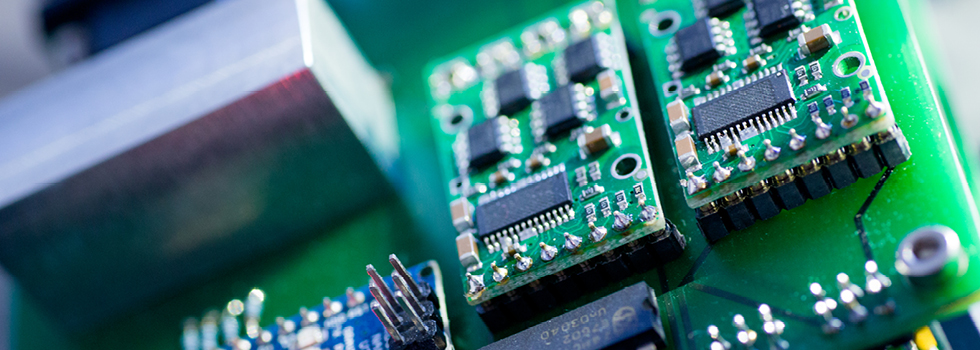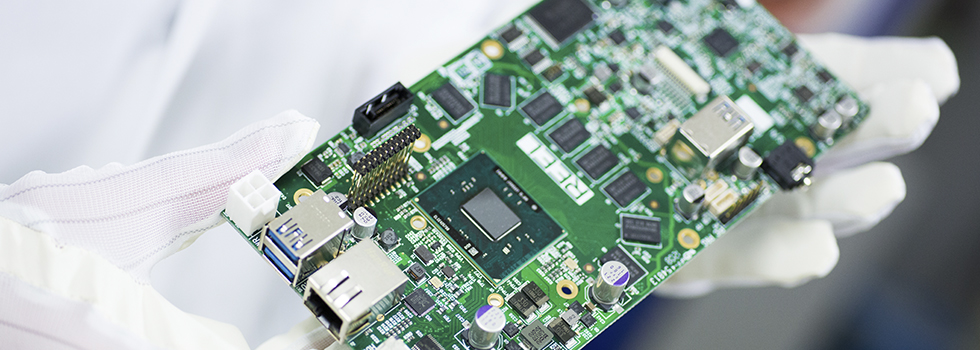Electrical Engineering and Information Technology
STUDY PROGRAMME
Electrical Engineering and Information Technology
Degree Conferred Bachelor of Science (B.Sc.) Duration 6 Semesters Enrollment Wintersemester Admission restriction No restricted admission Entry requirements University entrance qualification (e.g. Abitur) Application deadline Applicants with German secondary school leaving certificate (Abitur) an der OVGU 15 September Applicants with international secondary school leaving certificate über uni-assist 15 July Language German/English
Objectives
The course conveys fundamental, application-based specialist knowledge of electrical engineering and information technology. After studying the basics of engineering, specialist knowledge is consolidated. In the process, the courses focus on the requirements of modern industry and enable students to work independently and creatively in accordance with scientific methods. In addition, it is possible for students to define their own areas of study emphasis according to their personal interests and inclinations.
Career Perspectives
Today electrical engineers work in every industrial and service sector, in traditional electrical engineering, energy engineering and electronics as well as in automotive engineering, medical technology and in the IT and telecommunications industries. Graduates of this course are able to take up roles in research & development as well as production, sales & marketing, and management. In addition, it is also possible for graduates to become self-employed in the following fields: electrical engineering, electrical energy systems, automation technology / robotics, measuring and sensor technology, information engineering and telecommunications, medical systems, the automotive industry, transport technology, mechanical engineering, the chemical industry and environmental engineering.
Competencies and Interests Required
A solid understanding of mathematics and areas of the natural sciences and the ability to acquire mathematical and scientific skills and approaches and apply them to technical problems are essential requirements.
More information
This course is divided into mandatory modules and mandatory elective modules. In addition, participation in a research project and project seminar and production of a Bachelor’s thesis are mandatory. The content of the classes and lectures is directly related to current research topics. The Bachelor’s degree qualifies holders to continue their studies with a consecutive Master’s degree course that builds upon it. The Master of Science (M.Sc.) degree is equivalent to the academic degree of Diplomingenieur (Dipl.-Ing., graduate engineer) previously awarded.



